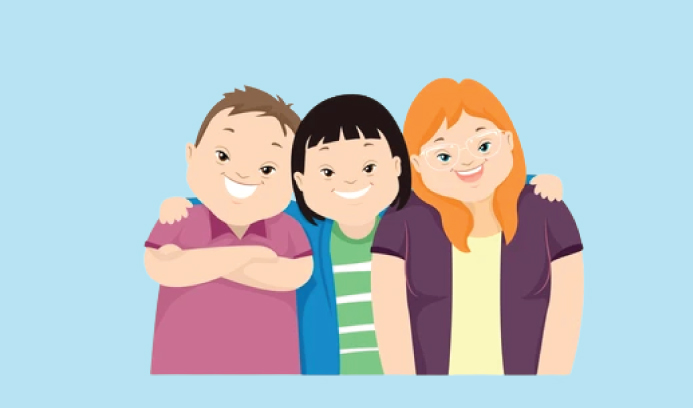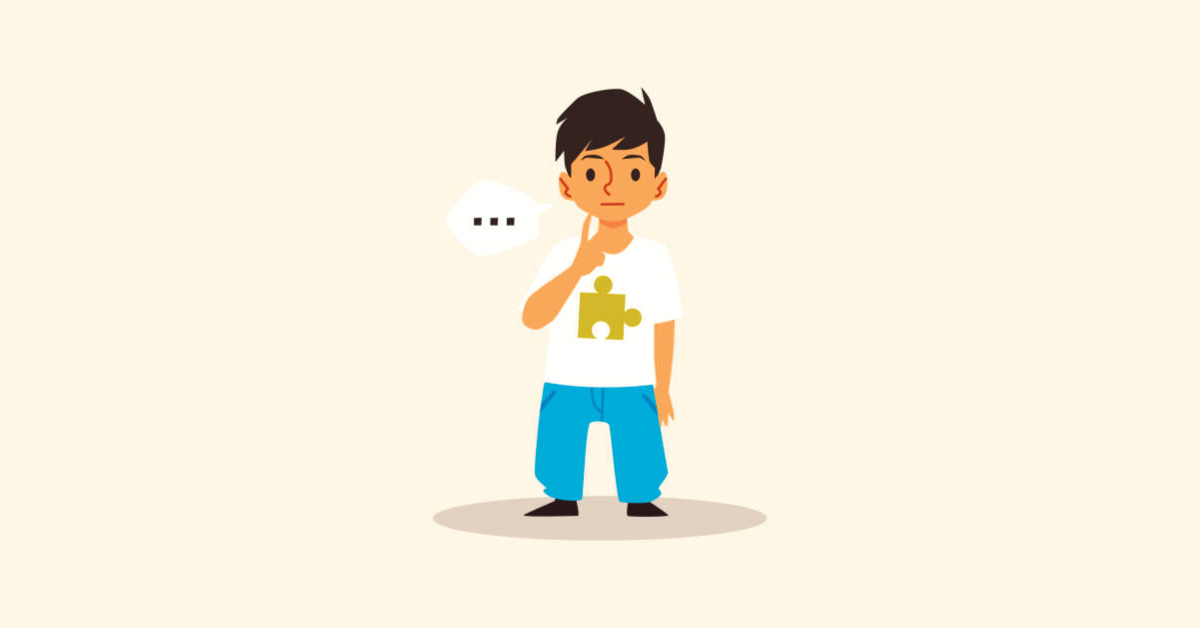
Pregnancy is a boon to any woman. The foremost thing to be done by anyone is taking care. From diet to prenatal care everything is to be taken care of. Once the pregnancy is confirmed gynecologist visits are to be done regularly without fail. The first trimester is very important for both mother and fetus. Two types of tests are mainly done. Screening tests and diagnostic tests. Tests are done to check whether the fetus has down syndrome or not. For any concern during pregnancy consult a gynecologist or visit a gynecologist clinic. If not possible, take an online consultation.
Know about Down syndrome
Down syndrome is a genetic disorder where the baby will have an extra chromosome. A normal baby will be born with 46 chromosomes. Whereas a baby with down syndrome has another copy of one of these chromosomes at chromosome 21. Generally this condition of having an extra chromosome is called trisomy. Down syndrome is also known as trisomy 21. This extra copy of chromosomes can cause significant changes in the baby both mentally and physically. There are three main types of down syndrome. They are as given.
Trisomy 21
Almost 94% of down syndrome cases are of this type. Generally chromosome 21 will have two copies. But babies with this condition will have three copies. This is the result of abnormal cell division at the egg cell and sperm cell stage.
Translocation Down syndrome
In this condition chromosome 21 has an extra part or another complete chromosome is present. But it is not present as it is. It is translocated, which is bound to another chromosome. Almost half of these cases any one of the parents will be having an extra 21st chromosome in a hidden or balanced form.
Mosaic Down syndrome
Here the baby with down syndrome will have 21st chromosome only in some cells. The rest of the cells will be normal. This occurs to 1 or 2% of people with down syndrome. It results due to abnormal cell division at the fertilization stage.
Even though it is a genetic disorder, down syndrome is not inherited. It is the result of an abnormality in cell division. In a few cases balanced translocations are inherited. That is either of the parents will have a balanced or hidden rearranged genetic material.
Be it any type if diagnosed, consult a gynecologist or neonatologist or a pediatrician to handle it or to have a better understanding.
Symptoms of Down syndrome
The symptoms in down syndrome are different in each person. There are physical, intellectual and developmental issues. They can be slightly different or even very severe. The common symptoms are as given.
- The facial features of the child are varied. Flat face, smaller head when compared to others is observed.
- The muscle tone is poor. Neck can be a little short and the tongue will protrude.
- Hands, feet and fingers will be shorter than normal persons.
- The Ear shape is small and the eyelids seem to be slanting upwards.
- Height is short and will have high flexibility.
- Regarding intellectual disabilities, they might get cognitive impairment. Also memory is affected.
Generally down syndrome can be detected during pregnancy or at birth. So talk to a gynecologist or a neonatologist or pediatrician in detail to know more. Or take an online consultation.
Detection of Down syndrome during pregnancy
In the first trimester of pregnancy tests are done to check the chances of getting down syndrome to the baby.
- A blood test is done to check the levels of PPP-A (pregnancy associated plasma protein A) and HCG (human chorionic gonadotropin). The abnormalities in the levels of these two can indicate the chance of down syndrome.
- An ultrasound scan called Nuchal translucency test is done. This is to check the back bone and the neck bone. If the neck area has more fluid that indicates abnormality.
- Chorionic villus sampling (CVS). Here the cells from the placenta are collected and analyzed. The fetal chromosomes are analyzed for any abnormalities.
- Amniocentesis. Here the amniotic fluid from the mother’s womb is collected from the uterus of the mother. This fluid is used to analyze the chromosomes of the fetus.
Depending upon the age of the mother and the results of the tests, the chances of down syndrome can be estimated by a gynecologist.
Risk factors for Down syndrome
There are few factors that can increase the chance of getting down syndrome to the baby. They are as given.
- Age of woman going to be a mother. As the age advances, the egg cells can have an abnormal cell division. If the woman’s age is more than 35, there is a possibility of baby getting down syndrome.
- Any of the parents can have rearranged or transmitted genetic material. This might not show any symptoms in them. But can cause down syndrome in babies.
- Already having a child with down syndrome. If one child is having down syndrome there is a possibility that the next child too can get it.
If there are any of the above conditions please talk to a gynecologist or neonatalogist or a pediatrician. If not, take an online consultation.
Complications of Down syndrome
There are many complications that are associated with down syndrome. Some of the common complications are given below.
- Heart defects. Babies with down syndrome are more likely to have congenital heart defects. These can be so serious that they need surgery in infancy itself.
- Gastrointestinal abnormalities. Babies with down syndrome can get abnormalities in intestines, trachea, esophagus or anus. Digestive problems like heartburn, gastrointestinal blockage and celiac disease can develop.
- Autoimmune disorders. Down syndrome babies have all chances to get immune disorders as their immune system is weak. Some cancers and pneumonia can also attack.
- Kids and adults with down syndrome can get sleep apnea. Due to the skeletal changes and soft tissues the airways can be blocked. This results in obstructive sleep apnea.
- People with down syndrome have more chances of getting obesity.
- The top two vertebrae down the neck are not aligned properly for some people with down syndrome. So they are likely to get spinal problems due to over extension.
- There are also chances of getting leukemia (blood cancer) for the people with down syndrome.
- Adults with down syndrome have the risk of getting Alzheimer’s disease and dementia.
- Other complications like dental problems, hearing and vision problems might also arise.
To handle the down syndrome and its complications take the help of a gynecologist and neonatologist and pediatrician. If needed take an online consultation.
As of now there is no cure or prevention or proper treatment for down syndrome. But thanks to technology at least it can be detected. In any of the complications and suggestions a gynecologist and neonatalogist and a pediatrician can help in a better way. With proper and better understanding of down syndrome children or adults can be assisted and guided perfectly. There are many methods to interact with them. Do not get upset by the condition. Initially accept them and be normal to them. Do not discriminate or show intensive care and sympathy. It makes them feel low. It is possible to make them self sufficient. Boost up their confidence and show a better way. Only try to help them or correct them if needed.
Also, the life span has increased in recent years. Despite few complications people with down syndrome are expected to live for around 60 years. It is possible for them to live their life to the fullest.
